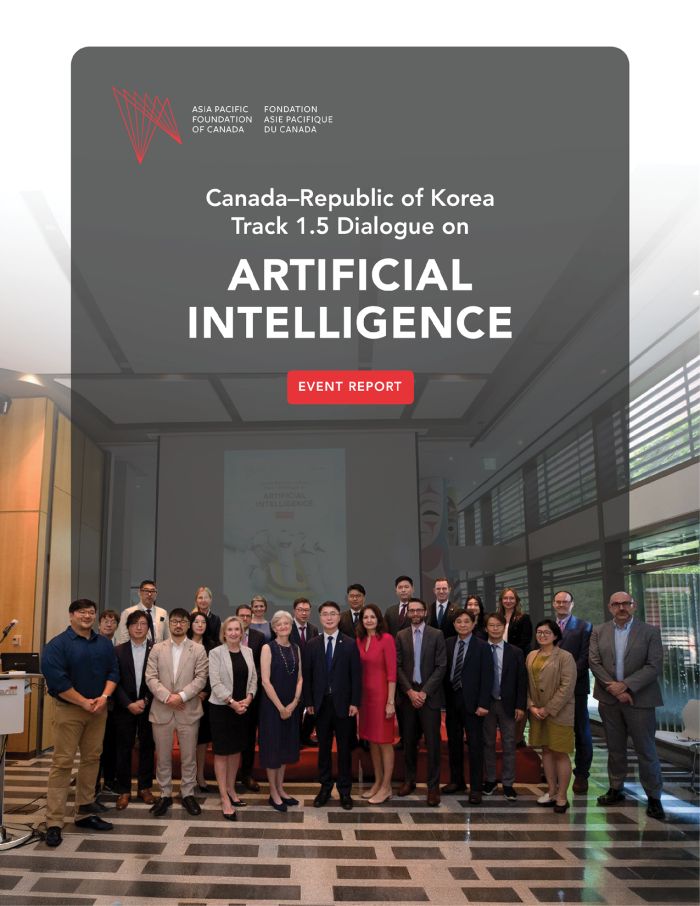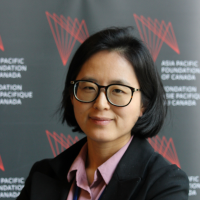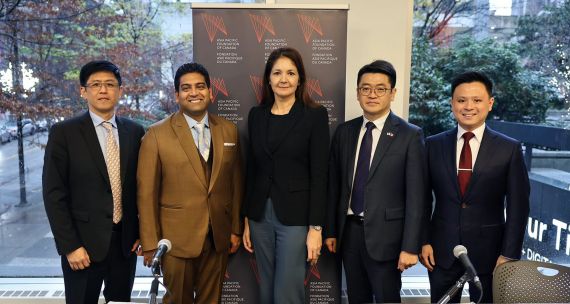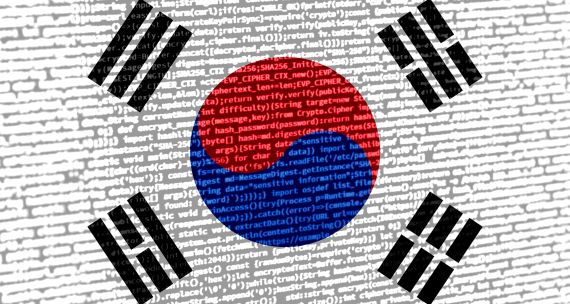Canada, a global leader in foundational research and policy governance in artificial intelligence (AI), is a natural partner for South Korea, which has emerged as a frontrunner in AI adoption, legislation, and commercialization. Bilateral relations between the two countries have steadily deepened over the past decade, from the signing of the Canada–Korea Free Trade Agreement in 2014 to the elevation of ties to a Comprehensive Strategic Partnership (CSP) in 2022. The CSP Action Plan, released in 2024, has laid the groundwork for more institutionalized co-operation across academia, industry, and government, including recent high-level agreements on critical minerals, energy security, and strategic defence co-ordination.
Building on this momentum, the Asia Pacific Foundation of Canada (APF Canada), South Korea’s Science and Technology Policy Institute (STEPI), and the Canadian Embassy in South Korea convened an inaugural Track 1.5 Dialogue on Artificial Intelligence in Seoul on July 9, 2025. This dialogue brought together senior representatives from government, industry, and academia from both countries to explore avenues for bilateral collaboration on AI governance, innovation, and commercialization. Taking place against the backdrop of intensified U.S.-China competition and rapid technological change, the discussions reflected a shared recognition that AI is central to both countries’ economic and strategic futures.
New governments in both Canada and South Korea have identified AI as a strategic national priority. Canada, which holds the 2025 G7 Presidency, has championed an AI-forward agenda focused on innovation, infrastructure, and public-sector adoption. Meanwhile, South Korea is chair of the Asia-Pacific Economic Cooperation (APEC) forum in 2025 and has placed AI and digital transformation at the heart of its regional agenda. This unique convergence of leadership and policy momentum made this Track 1.5 dialogue especially timely.
Key themes included aligning regulatory frameworks, fostering AI talent, expanding energy infrastructure to support AI adoption, and identifying opportunities for joint leadership in multilateral and Indo-Pacific regional initiatives. The dialogue also emphasized the need to move beyond aspirational rhetoric to focused implementation, tangible steps to promote adoption and commercialization, and leveraging the complementary strengths of both countries — Canada’s leadership in AI research and Korea’s edge in advanced hardware and practical applications.
Key Takeaways
Energy as an Enabler: South Korea’s growing energy demands to power AI can be met through Canadian liquefied natural gas (LNG) exports and nuclear partnerships.
Complementary Strengths, Shared Standards: Unlocking the full potential of bilateral co-operation requires alignment on intellectual property (IP) protection, data governance, data collaboration, and technical interoperability — foundations for joint commercialization and innovation.
Global Influence Through Partnership: Canada’s role as a G7 rule-setter and South Korea’s growing leadership in Global South and Indo-Pacific ‘minilateralism’ can be harnessed to shape inclusive, secure, and forward-looking AI governance frameworks.
Canada-Korea Commercial Opportunities: Strong opportunities for commercial ties extend beyond energy and include the potential use of South Korea’s hardware and AI chips in Canadian data centres and compute infrastructure, and the potential for South Korean firms to license and help globally scale Canadian AI solutions.






